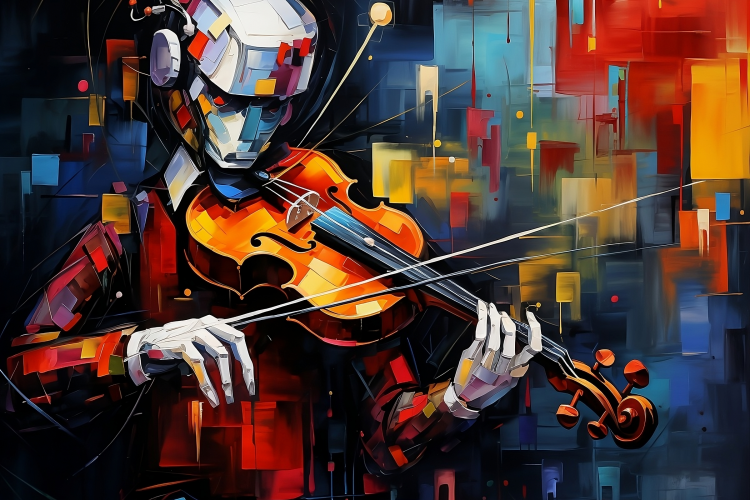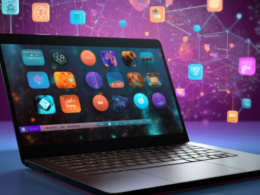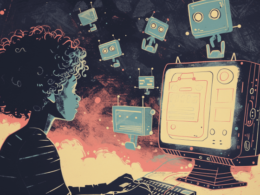Google DeepMind has introduced its latest and most advanced music AI system, named Lyria. This cutting-edge model has the ability to produce high-quality vocals, lyrics, and musical backing tracks that replicate the style of popular artists. DeepMind recently announced Lyria in conjunction with new music creation experiments on YouTube Shorts.
Revolutionizing Music Production
One of the experiments, known as “Dream Track,” allows creators to generate 30-second songs sung in the voices of renowned artists such as Alec Benjamin, Charlie Puth, Charli XCX, Demi Lovato, John Legend, Sia, T-Pain, Troye Sivan, and Papoose. DeepMind believes that these projects will provide a platform for ingenuity and facilitate connections between artists and their fans.
“The most impressive demo is converting humming to a full instrument suite. I think Lyria will unlock all the operators we are used to in image models: text-based editing, style transfer, in-painting (fill out tracks), out-painting (continue a track), super-resolution, etc.” – Jim Fan, research scientist at NVIDIA AI
Lyria, along with other AI music tools, has the potential to revolutionize the music industry. By equipping musicians with advanced tools for creation and experimentation, Google aims to democratize music production, enabling both established and aspiring artists to unleash their creativity without limitations. Through its partnership with YouTube, Google seeks to redefine the way music is streamed and consumed, fostering a more immersive relationship between artists and fans.
Responsible AI Application in Music
DeepMind’s use of SynthID to watermark and identify synthetically generated content ensures traceability of any music produced by Lyria back to its AI source. This emphasizes Google’s commitment to responsible AI deployment and sets an industry standard for traceability and accountability. The company affirms its dedication to engaging with artists, the music industry, and the wider creative community to establish responsible development and deployment of music generation tools.
In an era filled with discussions surrounding AI ethics and the demand for transparency in AI-generated content, Google’s decision to watermark its AI-generated music represents a significant step towards responsible AI deployment, serving as a benchmark for the industry. However, it is important to note that Lyria’s capabilities currently remain limited and unable to match the creative originality of humans. As AI generation continues to advance, it raises ethical and legal uncertainties that must be addressed.










